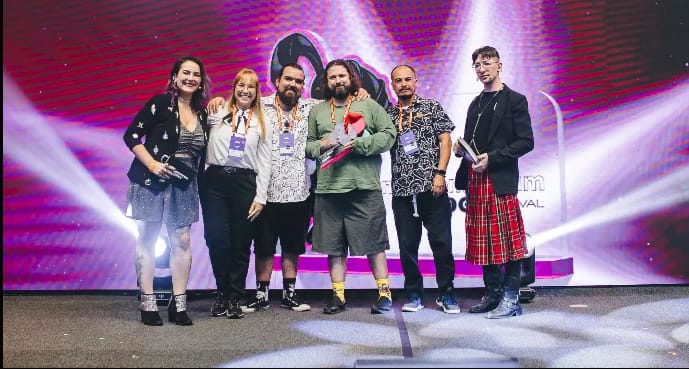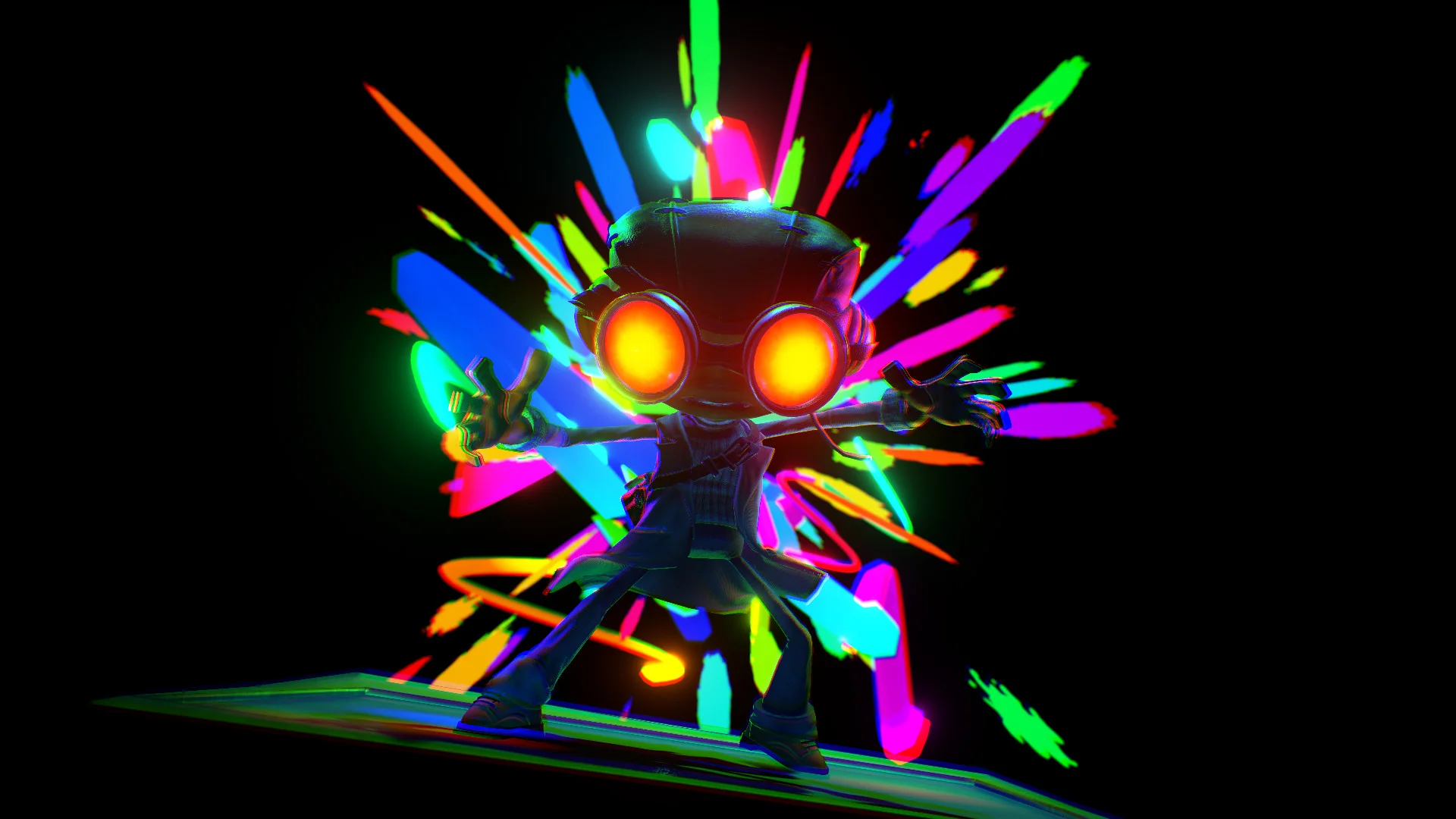Dearly beloved, we gather here today to mourn the death of an icon.
Well, hopefully not the death, but if Metroid Prime: Federation Force is any indication, it’s certainly terminal.
The much-maligned spin-off to the venerable Metroid series has, of course, not been doing well at all in the marketplace. It charted well below golden oldies like The Legend of Zelda: Ocarina of Time 3D and Mario Kart 7 in Europe. In Japan, where Metroid never been a smash hit but usually does okay, the game was batting well under average with maybe 4000 units sold. Federation Force isn’t bad at all. Any major complaints I have about it would come down to the hardware. It’s inoffensive in game design, but it’s the situation around it that’s the big problem and the focus of this dive into the pool of bile.
It all brings back to my mind an interview Kotaku conducted with Reggie Fils-Aime from last year, where I’d like to pull a few quotes regarding the huge backlash just the reveal of the game inspired.
We know what our fans want. We will also push the envelope in developing something that we know is high-quality and that we know will deliver in the marketplace.
Well, sorry Reggie. Peeking at the official trailer and finding 88,676 dislikes is a pretty big statement to the contrary. YouTube vitriol is hardly the most academic measure, sure. But it certainly implies one thing a lot of people wanted to say and continue to do with their wallets: “I never asked for this”
The best example I can give you of this, and I think you will appreciate it, is Legend of Zelda Wind Waker. Remember when that art style was first shown. The uproar from the Zelda community was intensely negative. If there had been social media then, there probably would have been a petition to make that game go away.
Thing is, Reg, that beneath the cutesy aesthetic of Wind Waker, we still had everything that made Zelda what it was. Time did prove Wind Waker as a high caliber title worthy of its lineage; I doubt the same will hold true for Federation Force.
If there is one thing the critical reception is agreeing on when it comes to this title, it’s the fact it’s no Metroid game. A competent team-based shooter perhaps, but not a Metroid game. Gamingbolt’s Pramath Parijat accuses it of failing on a basic level as a Metroid. GameSpot’s Peter Brown puts all expectations of a Metroid aside and says the game fails to make a case for itself.
This isn’t a case of a great underlying game with a fanbase getting whiny about (or at least only about) the art style. This is a case of an uninvited guest wearing the face of an old friend, Hannibal style. If you get through dinner, maybe this enigma makes a vague comment about seeing your friend next Tuesday that you ultimately aren’t sure you can trust.
We know what we’re doing, trust us, play the game and then we can have a conversation.
Yes, Reggie, we’ve played the game now, so let’s have that conversation.
Nintendo has somewhat of a history of putting the IP itself in front of the actual game design. This cart before horse mentality has given us tragedies like the death of F-Zero, or the abomination that is Star Fox Zero. However, nowhere is this more evident than Chibi-Robo.
Speaking to the Verge last year, Kensuke Tanabe (who also happened to helm Federation Force) outright said Zip-Lash might be the last chance for the series if it didn’t find mainstream success.
Nintendo fails to realize that most of their players aren’t at the mental place of a six-year-old, buying anything with Elsa on it. Chibi-Robo got the fanbase it had with a charming adventure game, and a cheap 2D side-scrolling platformer isn’t really what they’re looking for, especially on a Nintendo system where they’re a dime a dozen.
You can’t put Mickey Mouse in Scarface, and supergluing an IP to something is not the secret recipe for success. You give us titles like Paper Mario Colour Splash and balk at the reception as if to say, “It’s Paper Mario! What do you want?”. On its own, maybe Colour Splash is a novel concept and a tight game, actually making something of the disappointing mechanics of Sticker Star. But Colour Splash is inevitably going to be overshadowed by those expectations carried on from The Thousand Year Door.
Had Sticker Star begun a different offshoot of Mario RPGs, or perhaps even been a new IP, who knows what might have occurred? Perhaps a new Splatoon tier series to use. If Paper Mario returned to us in the old style, a passion project with charmingly written characters, an inventive story, and a wacky turn-based battle system? Nintendo doesn’t know because it refuses to try. It’s not unheard of. Fire Emblem Awakening snatched that series from the jaws of death without turning it into a rhythm game. You upend the tea table, hoping an IP can be the leg you balance everything on, then don’t understand why we’re wondering where the tea went.
If the slightest hint at a mainline Metroid title had even been teased at the reveal of Federation Force, would the game be dealing with such bile? What could have been considered a middling stopgap at worst with some flicker of hope present is now doomed to only be remembered as that one “Not-Metroid” nobody wanted. We’re fine with diversions like Hyrule Warriors because we know that it’s not the next Zelda. It’s not so much Federation Force existing that upsets everybody, but the situation left around it.
A name is not enough to carry the dreams of millions of fans. Nintendo has given millions of children and adults many fantastic worlds to grow with and become a part of, which is why they see such spirited response when they do some drastic changes. Innovation for the sake of innovation is a recipe for disaster, and branding is a weapon Nintendo should be more selective in the future.
As long as the takeaway isn’t that we don’t want Metroid, you’ll be on the right track, Nintendo.




